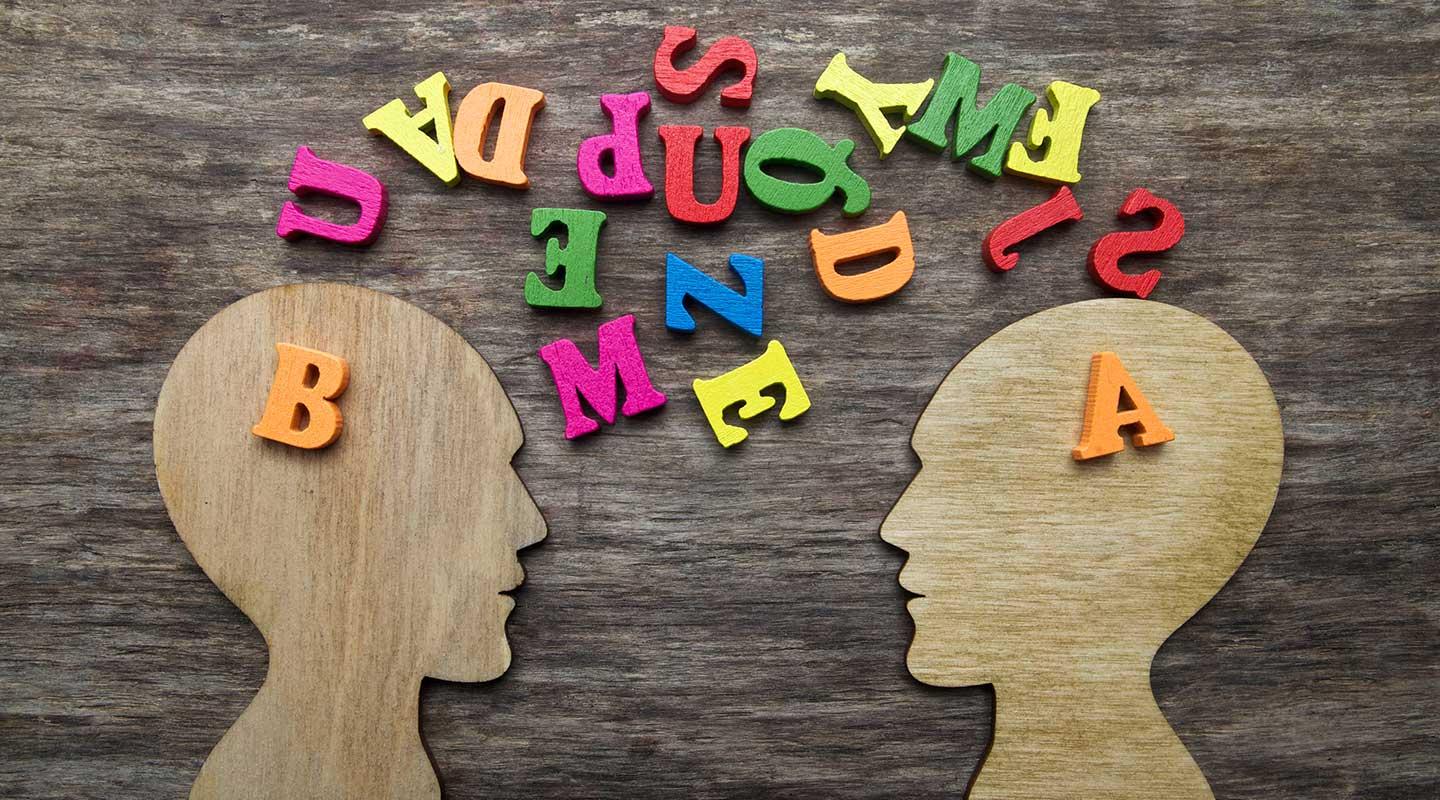Παρουσίαση/Προβολή

Translation and Language Variation___MA Course___(E 2024-25)
(ENL527___MA) - Νικόλαος Λαβίδας
Περιγραφή Μαθήματος
Thursdays, room 312
Translation and language variation
This course examines the interlingual and intralingual translation of early and dialectal texts, under a historical linguistic perspective. We will explore the translation of texts written in an earlier period or in a dialect different than the standard language into the present-day variety of the same language (intralingual translations; for example, the translation of Beowulf into present-day English) and into the present-day variety of another language (interlingual translation; for example, the translation of Beowulf into Greek). The course will also focus on the history of interlingual and intralingual translation following the methodology of diachronic linguistics. We will study the types and basic strategies of intralingual and interlingual translation and the role of translation in the understanding of earlier cultures and the explanation of language change.
The aim of the course is to introduce students to the fundamental approaches to the study of the characteristics, status and role of translation in the diachrony of languages. Translations and translators have influenced aspects of the diachrony of languages to a significant degree, as well as all domains related to the language, dictionaries, alphabets, national literatures, the diffusion of knowledge and the spread and practices of religions. Biblical translations—even to a greater degree than translations of Classical Greek and Latin works—attracted the interest of scholars of the history of translation early on. In addition, in broad terms, the histories of translation have focused more on the religious and literary texts and less on technical or scientific translations. We will concentrate on the analysis of different types of language contact and borrowing/ transfer through translations in the case of biblical and non-biblical translations. Moreover, this course provides an opportunity to gain practical experience in using diachronic corpora of translated texts (for example, the PROIEL treebank) for the study of diachronic retranslations and the comparative study of languages.
Assessment: A final research paper, weekly assignments and quizzes of various types.
Ημερομηνία δημιουργίας
Σάββατο 26 Σεπτεμβρίου 2020
-
Περίγραμμα
Δεν υπάρχει περίγραμμα